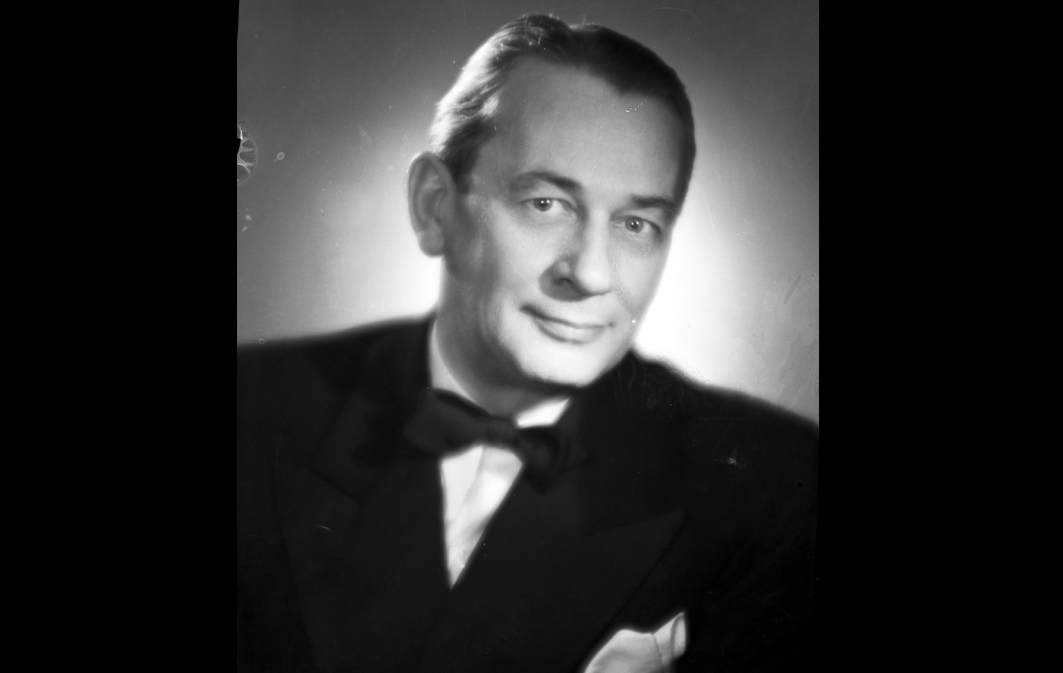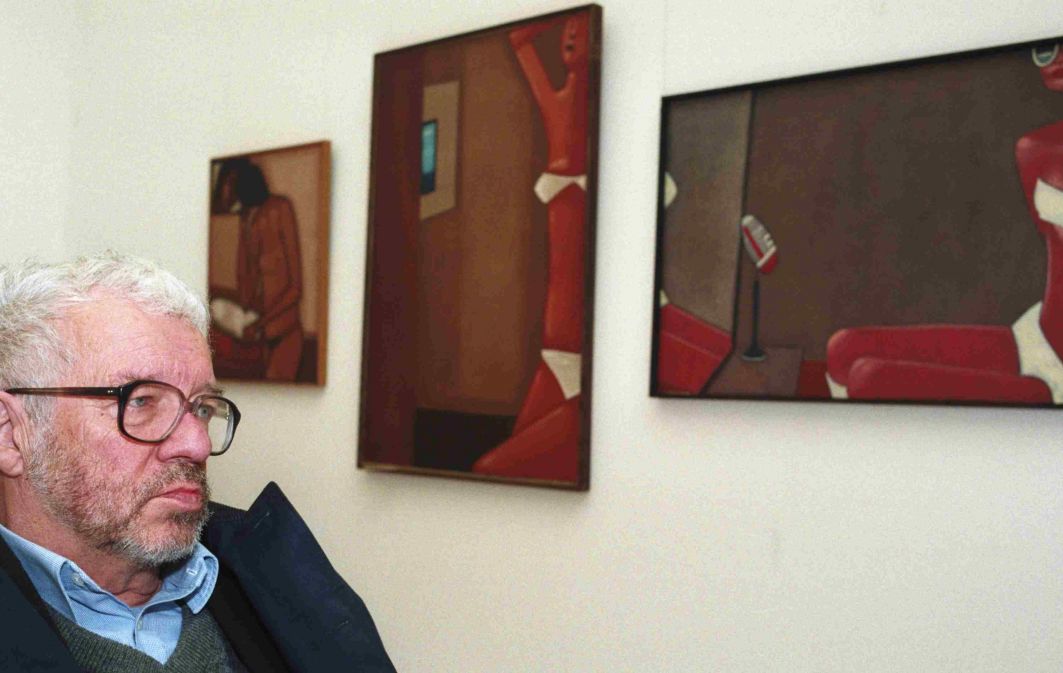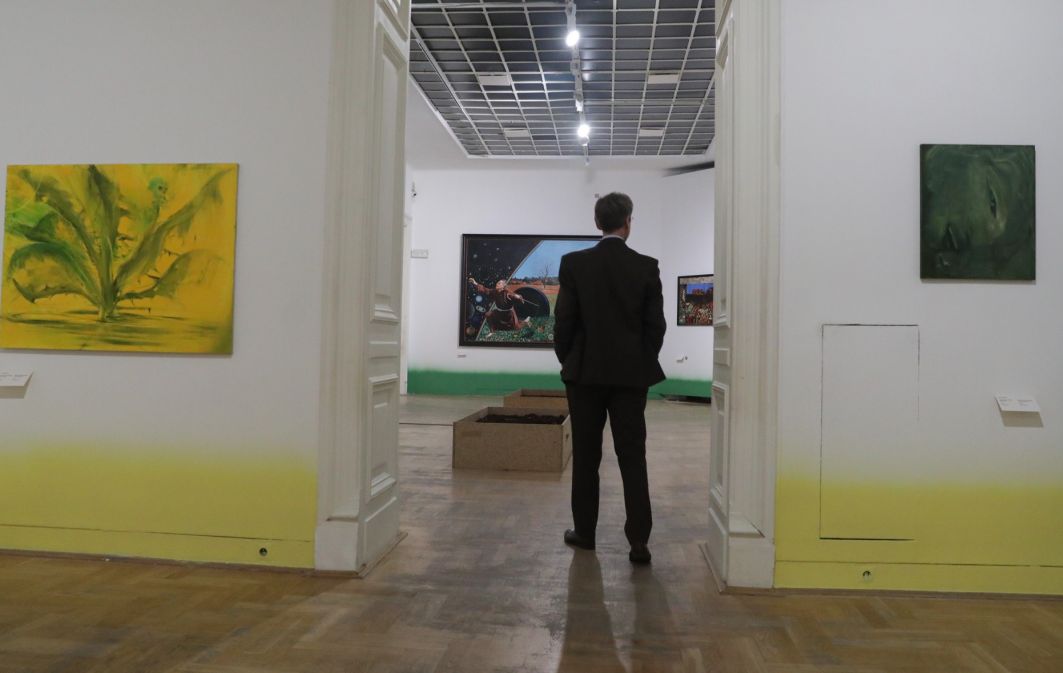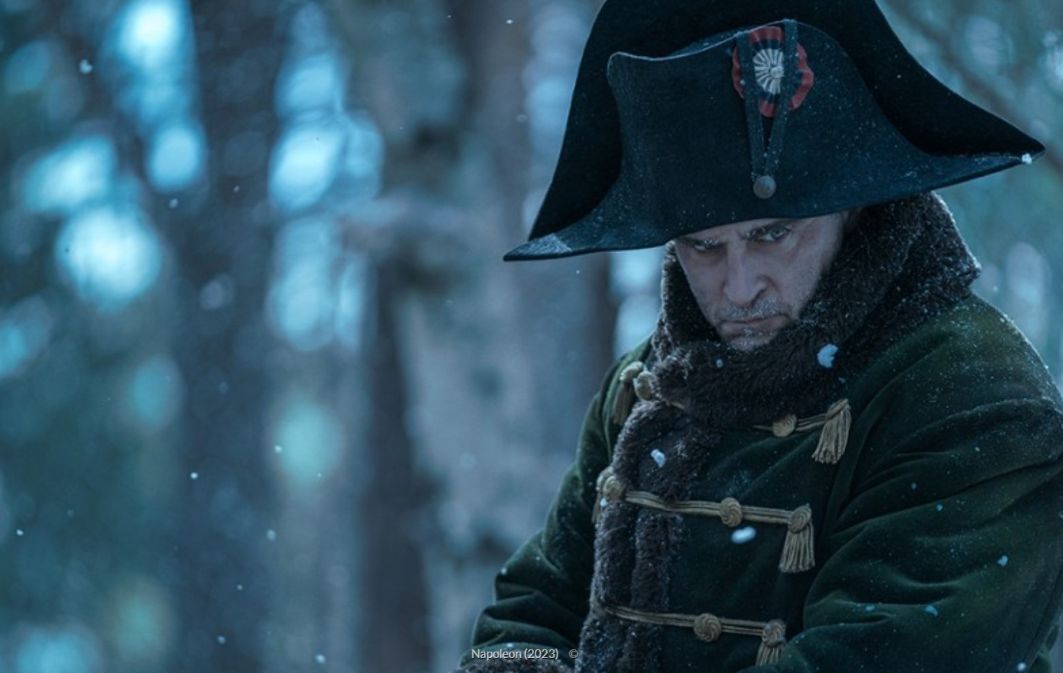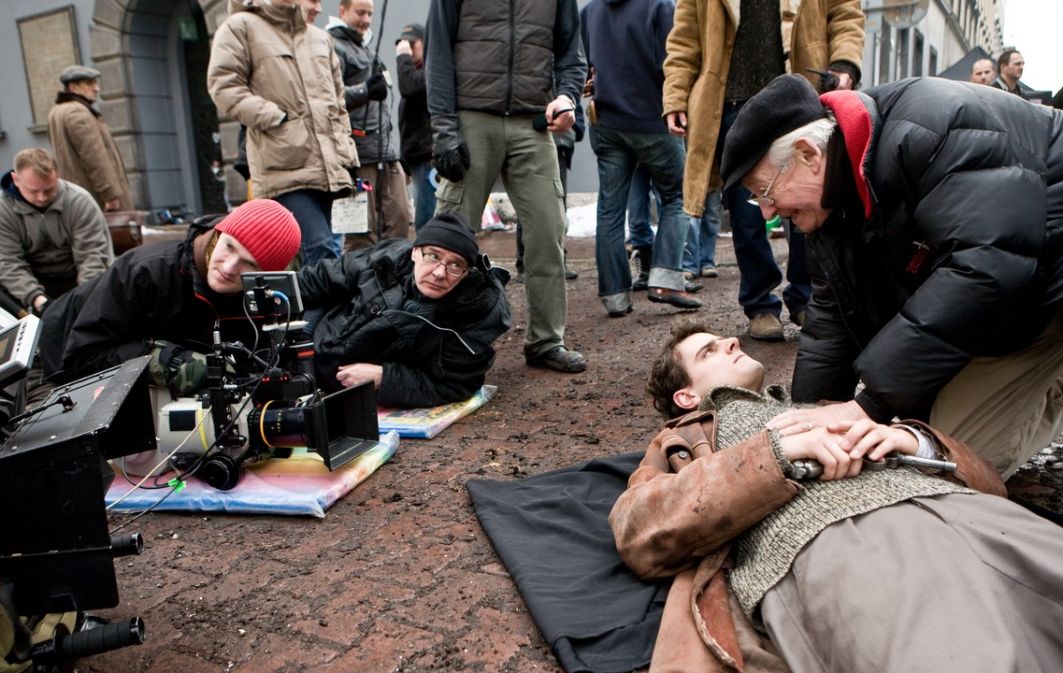Prior to the release of their album titled 'Memento Mori', Depeche Mode musicians found themselves in a similar situation to Nick Cave during the recording and promotion of 'Skeleton Tree' (2016). When he was working in the studio, he found out that his son had died, and the album, which is dark and repeatedly deals with the theme of death, was already largely recorded. However, Cave did not give up on its release, nor did he run away from the tragic events concerning his loved ones (there was even a film, 'One More Time with Feeling', documenting these events).
The death of a friend
In recording 'Memento Mori', Depeche Mode musicians had to deal with the death of Andy Fletcher - a colleague, co-founder of the group and a member since 1980. By all accounts, Andy had been involved in coming up with the concept for the release (including its title) and was planning to take part in the recording session. However, on 26 May 2022, he suddenly died. The cause of death turned out to be aortic dissection.
The title 'Memento Mori' (a medieval monk's call meaning 'remember death') suddenly took on a very concrete meaning, which had to be dealt with not only by the musicians themselves, but also by the staff responsible for promoting the album (and the tour) and Anton Corbijn, as usual responsible for the graphic design of the album cover, concert visuals and videos.
 SIGN UP TO OUR PAGE
SIGN UP TO OUR PAGE

Recently someone asked him: "If someone hasn't seen any of [your] music videos, is there one you want to start with (...)? Anton: Yes, the new one from Depeche Mode, which is coming out in February." In fact, it works very well with the atmosphere and lyrics of the song. Funerary themes play a leading role in the clip for 'Ghost Again' - a reference to the chess game from Ingmar Bergman's 'The Seventh Seal', a motif of skulls, ghosts, war and a graveyard. Here, Martin Gore and David Gahan not only manage an unforeseen yet somehow forced ambivalence, but also - not explicitly - allude to the war in Ukraine and the pandemic.
Death in Czechoslovakia
In 1988, Depeche Mode gave a concert in Czechoslovakia. The performance took place as part of the tour accompanying the release of the album 'Music For The Masses'. Prague was the location of an unusual photo shoot that was done for the band by Anton Corbijn - the aforementioned prominent Dutch photographer and director who significantly influenced the group's image. One of the locations was the Jewish cemetery in Prague. There, the musicians visited the grave of Franz Kafka, among others.
Watching the video for "Ghost Again", I had the impression that history had come full circle. Back then - the band still together, as a quartet, two years before their biggest commercial success and after releasing the excellent album that made them conquer the USA, today - experienced with life, after rehabs, life's twists and turns, the break-up with Alan Wilder and the death of Andy Fletcher. And 35 years older. Again with Corbijn - their faithful companion - and again with death in the background.
Depeche Mode never fitted in with the new romantic trend with which they were associated, especially in the early 1980s. From their third album onwards, the themes of their songs became more and more serious, with religion, the impossibility of understanding others, love and sex as the main themes in their lyrics. Balancing between commercialism and experimentation, they became an alternative star with a worldwide reach.
The visit to Czechoslovakia took place at a turning point in their career. The concert at the Rose Bowl stadium in Pasadena (USA), documented by the album "101", marks a breakthrough. From then on, in terms of popularity, they started playing in the same league as, for example, U2, The Cure, Van Halen and Madonna.
Death in songs
"Death is everywhere / There are flies on the windscreen / For a start" sang Dave Gahan in 1986 on the album 'Black Celebration'. We have had quite a few albums marked by death in the history of rock and alternative. The contexts sometimes vary. Most often, the mortal is the theme of the songs and part of the image.
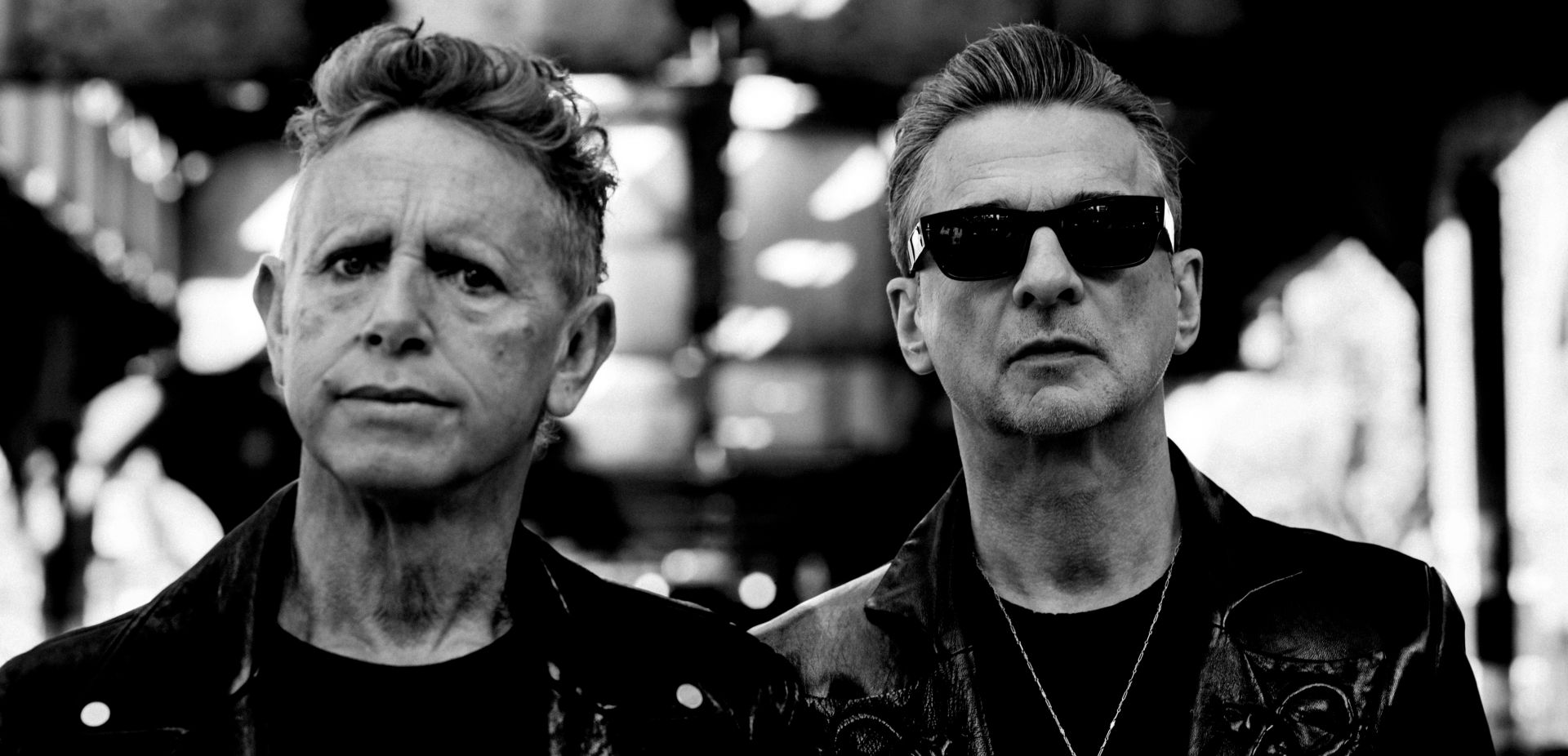
 SIGN UP TO OUR PAGE
SIGN UP TO OUR PAGE
 Recently someone asked him: "If someone hasn't seen any of [your] music videos, is there one you want to start with (...)? Anton: Yes, the new one from Depeche Mode, which is coming out in February." In fact, it works very well with the atmosphere and lyrics of the song. Funerary themes play a leading role in the clip for 'Ghost Again' - a reference to the chess game from Ingmar Bergman's 'The Seventh Seal', a motif of skulls, ghosts, war and a graveyard. Here, Martin Gore and David Gahan not only manage an unforeseen yet somehow forced ambivalence, but also - not explicitly - allude to the war in Ukraine and the pandemic.
Recently someone asked him: "If someone hasn't seen any of [your] music videos, is there one you want to start with (...)? Anton: Yes, the new one from Depeche Mode, which is coming out in February." In fact, it works very well with the atmosphere and lyrics of the song. Funerary themes play a leading role in the clip for 'Ghost Again' - a reference to the chess game from Ingmar Bergman's 'The Seventh Seal', a motif of skulls, ghosts, war and a graveyard. Here, Martin Gore and David Gahan not only manage an unforeseen yet somehow forced ambivalence, but also - not explicitly - allude to the war in Ukraine and the pandemic. 
